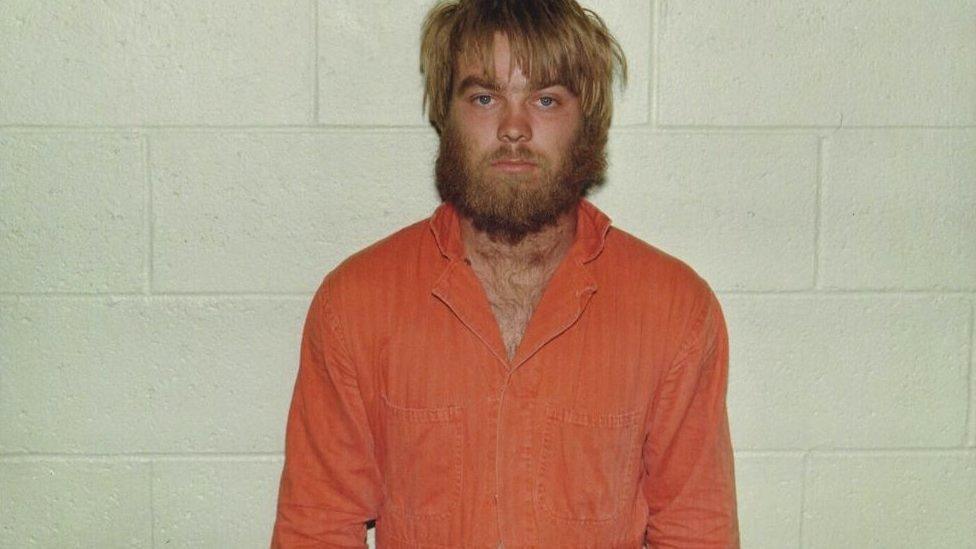Making a Murderer 2: 'It's the journey of the convicted'
- Published
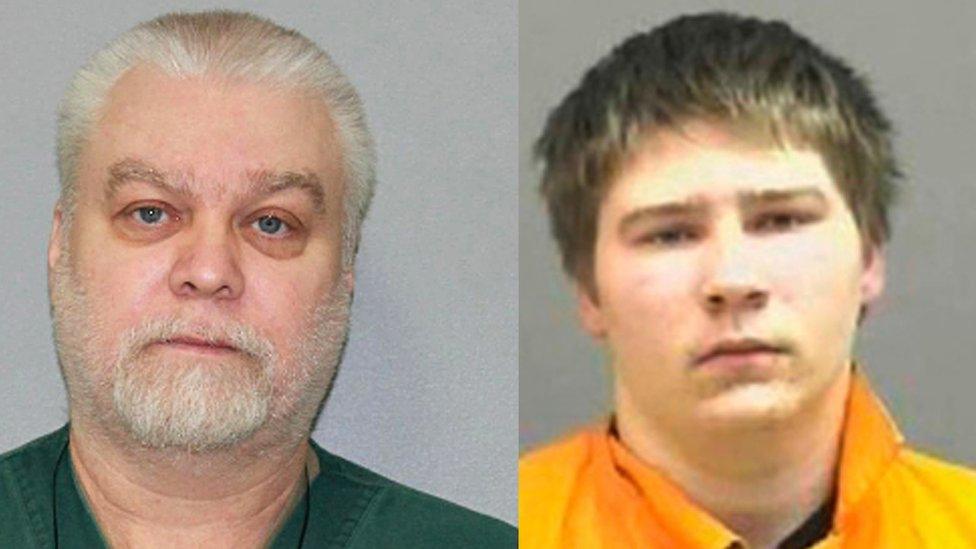
Steven Avery and Brendan Dassey
Making a Murderer was one of Netflix's biggest hits of 2015.
The 10-part documentary, written and directed by Laura Ricciardi and Moira Demos, followed the case of Steven Avery and his nephew Brendan Dassey, both convicted of murdering Teresa Halbach in 2005.
What made this story more compelling was that Avery had previously sued Manitowoc County, Wisconsin for $36m (£27m) after being wrongly convicted of sexual assault and attempted murder in 1985.
He was exonerated by DNA evidence in 2003. Many think he was set up for the second murder by law officials who feared they faced a financial penalty over the first case.
A campaign to pardon Avery picked up hundreds of thousands of supporters.
Demos and Ricciardi spoke to BBC Radio 5 Live about what to expect from part two.
Riccardi explained that, when they learned Avery and Dassey were going to challenge their convictions, they decided they wanted to "seize this opportunity to try to show viewers a new phase of the process - the post-conviction phase".
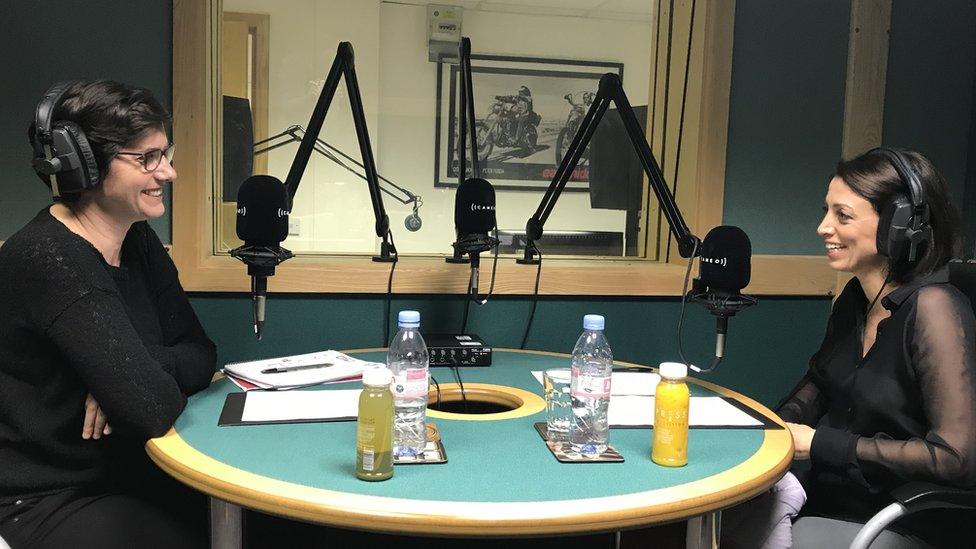
Making a Murderer writers and directors Moira Demos ( left) and Laura Ricciardi
"We very much understand that we left viewers with a lot of questions at the end of part one. In many ways that was intentional. We too are also human.
"We understand ambiguity is not a comfortable place but we think it's an important emotion to be left with at times. But we know that viewers want answers."
Part one left the audience having to decide whether Avery and Dassey were innocent or guilty. It became a talking point in offices, on school runs and on internet forums.
Demos says: "Our goal had been to spark a dialogue about these issues which people just don't give enough thought to. What is justice? How do we administer it?
"You put all of your effort into the integrity of the project, into the authenticity of it, into being responsible to those who shared their stories with you, making sure you represent them accurately. But once you are finished you have to let go."

Allan and Dolores Avery with their son Steven, in Making a Murderer part two
The pair were criticised for creating something which some people suggested was one-sided and emotionally manipulative. At one demonstration, shown in part two, a sign reads, "Don't let Netflix tell you what to think!"
"From our perspective the accusations are unfounded. We try and focus on the work and maintain the integrity and authenticity. I think if we had those accusations affect the work - that integrity would be gone," says Demos.

Steven's mother Dolores Avery with his lawyer Kathleen Zellner in Making a Murderer part two
So, what can we expect from season two?
We hear again from Avery, but only in phone conversations from prison. Demos and Ricciardi were not allowed to film him there. We also hear from the Avery family and their concerns about being too old to see his release.
Of the legal team, the focus falls on Kathleen Zellner, one of the most successful post-conviction attorneys in the United States, who is determined to get to the bottom of what happened and exonerate Avery.
"It takes you on a journey through an unfamiliar part of the system," says Demos. "But at the same time it gives you a much deeper understanding of what you went through in part one.
"Part two... is the journey of the convicted - and what it means to be convicted and to be challenging your sentence."
There will be answers to some questions, say Demos and Ricciardi, but they warn viewers not to think they know what's going to happen.

Follow us on Facebook, external, on Twitter @BBCNewsEnts, external, or on Instagram at bbcnewsents, external. If you have a story suggestion email entertainment.news@bbc.co.uk.
- Published6 April 2018
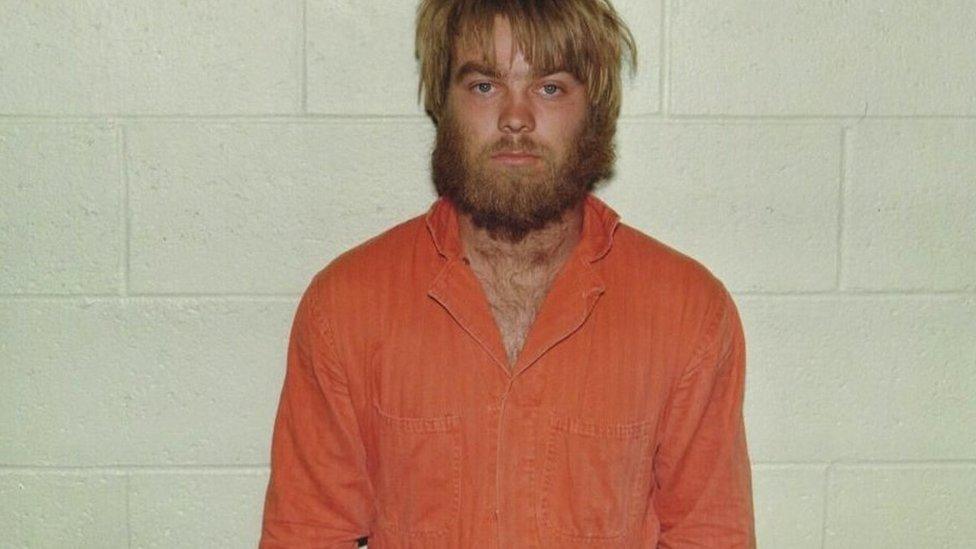
- Published9 December 2017
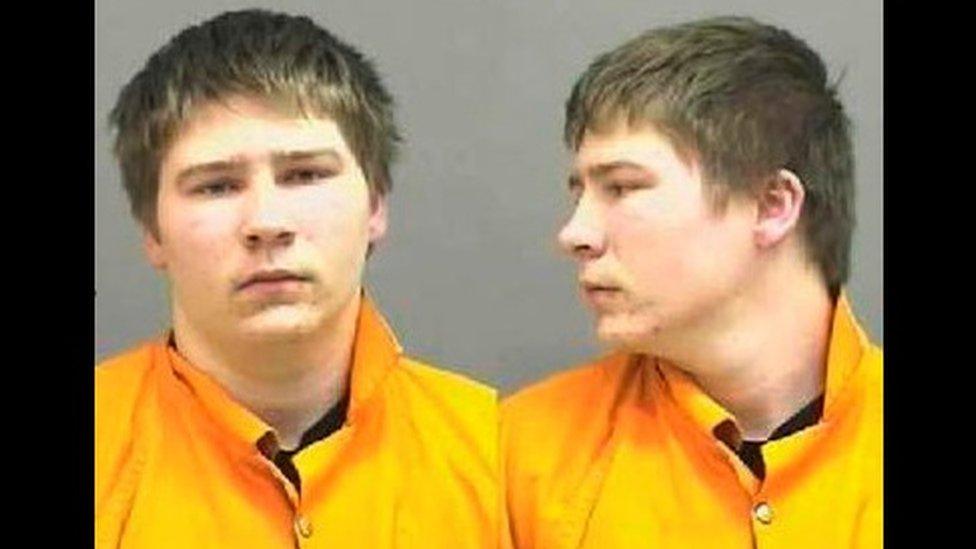
- Published5 January 2016
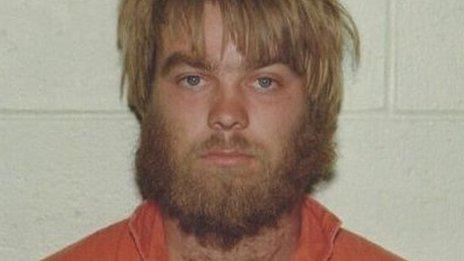
- Published4 February 2016
